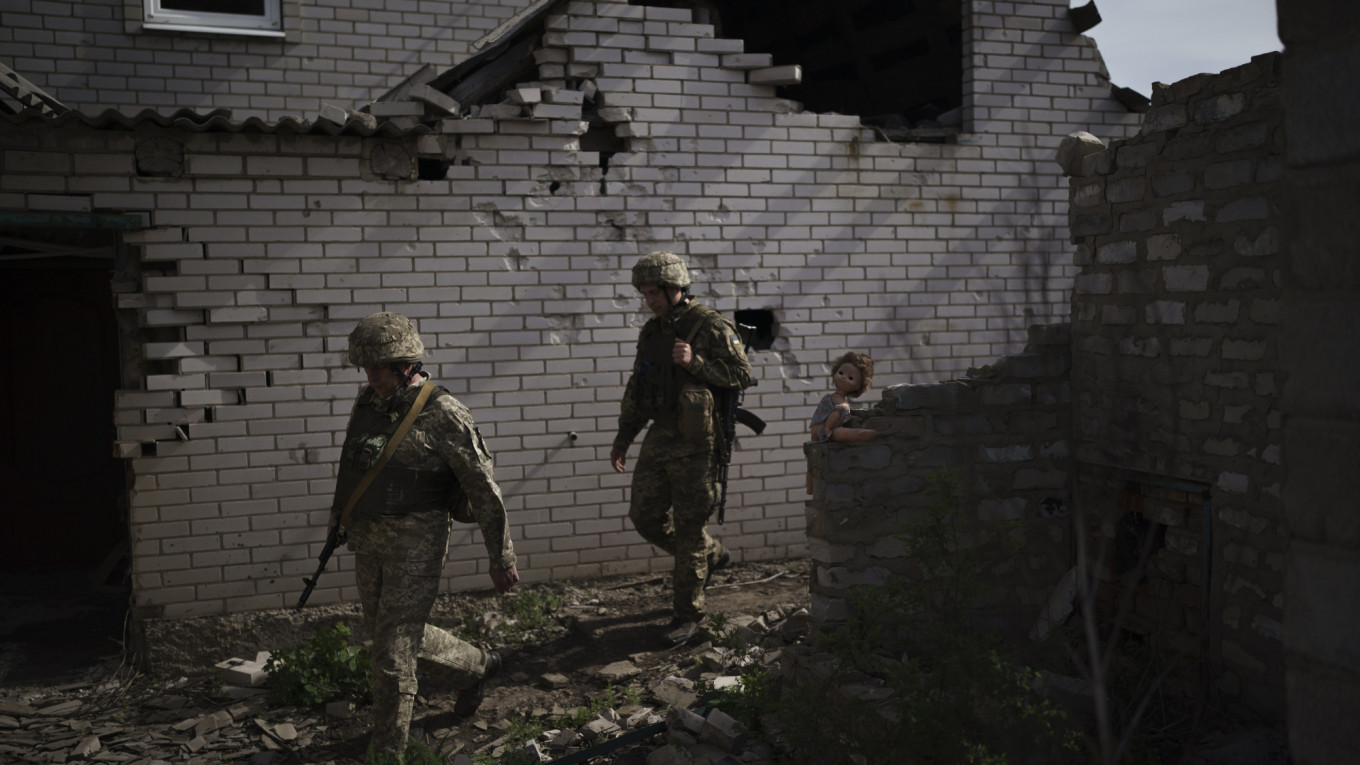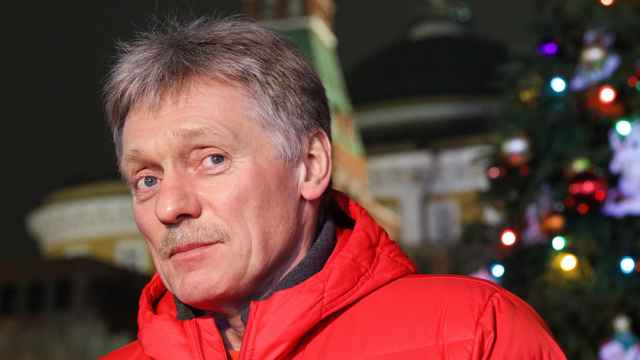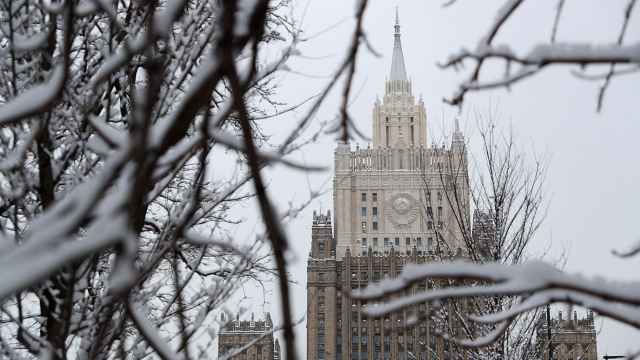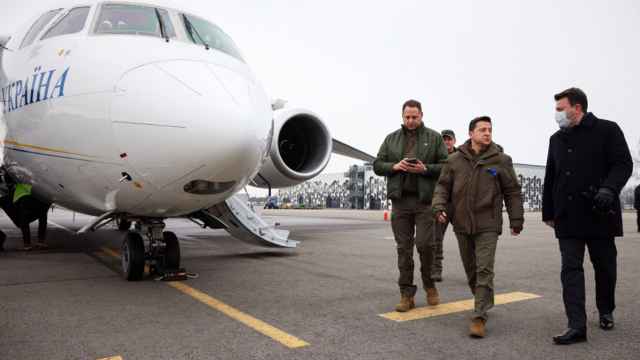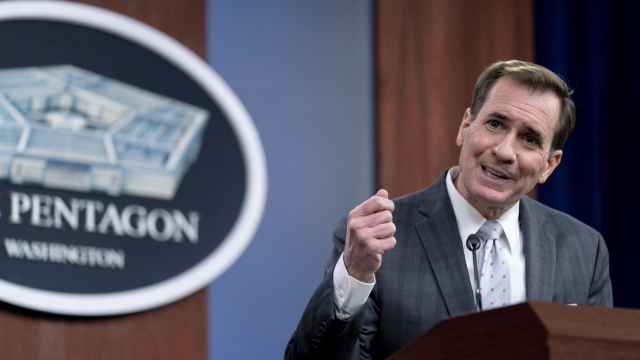Kremlin spokesman Dmitry Peskov on Sunday slammed the United States for driving "hysteria" over a possible Russian invasion of Ukraine, after Western countries accused Moscow of a troop build-up near the ex-Soviet country.
His comments come as Western countries this week raised alarm over Russian military activity near Ukraine and Washington said it has "real concerns" over what it called "unusual" activity.
"This hysteria is being whipped up artificially," Peskov said on state television.
"Those who have brought their armed forces from overseas are accusing us of unusual military activity on our own territory. That is, the United States."
Ukraine's army has been locked in a simmering conflict with pro-Russian separatists in two breakaway regions bordering Russia since 2014, after Moscow annexed Crimea from Ukraine.
Kiev and its Western allies accuse Russia of sending troops and arms across the border to support the separatists — claims Moscow denies.
Peskov's comments come after U.S. Secretary of State Antony Blinken on Saturday declined to say whether U.S. intelligence believed Russian President Vladimir Putin was aiming to seize land from Ukraine.
"We don't know what President Putin's intentions are. But we do know what's happened in the past," Blinken said.
"We know the playbook of trying to cite some illusory provocation from Ukraine or any other country and using that as an excuse for what Russia plans to do all along."
Putin for his part said Thursday that the West is "escalating" the Ukraine conflict by holding drills in the Black Sea and flying bombers near its borders.
After an uptick in violence at the beginning of the year, Russia massed around 100,000 troops on Ukraine's borders in the spring, raising fears of a major escalation in the conflict which has claimed over 13,000 lives.
Russia later announced a pullback but both Ukraine and its ally the United States said at the time the withdrawal was limited.
Deputy Russian Foreign Minister Sergei Ryabkov, meanwhile, said Sunday that preparations were underway for another summit between Putin and U.S. President Joe Biden, after they met in Geneva earlier this year.
Despite increased contacts between the two rivals since the June summit, tensions have recently spiked.
In addition to the Ukraine conflict, the United States has warned Russia over its alleged influence in the migrant crisis on the Belarus-Poland border as well a missile strike on a satellite last week.
Washington and Moscow has also continued to argue over cyberattacks and the staffing of their embassies, after several waves of diplomat expulsions.
A Message from The Moscow Times:
Dear readers,
We are facing unprecedented challenges. Russia's Prosecutor General's Office has designated The Moscow Times as an "undesirable" organization, criminalizing our work and putting our staff at risk of prosecution. This follows our earlier unjust labeling as a "foreign agent."
These actions are direct attempts to silence independent journalism in Russia. The authorities claim our work "discredits the decisions of the Russian leadership." We see things differently: we strive to provide accurate, unbiased reporting on Russia.
We, the journalists of The Moscow Times, refuse to be silenced. But to continue our work, we need your help.
Your support, no matter how small, makes a world of difference. If you can, please support us monthly starting from just $2. It's quick to set up, and every contribution makes a significant impact.
By supporting The Moscow Times, you're defending open, independent journalism in the face of repression. Thank you for standing with us.
Remind me later.


